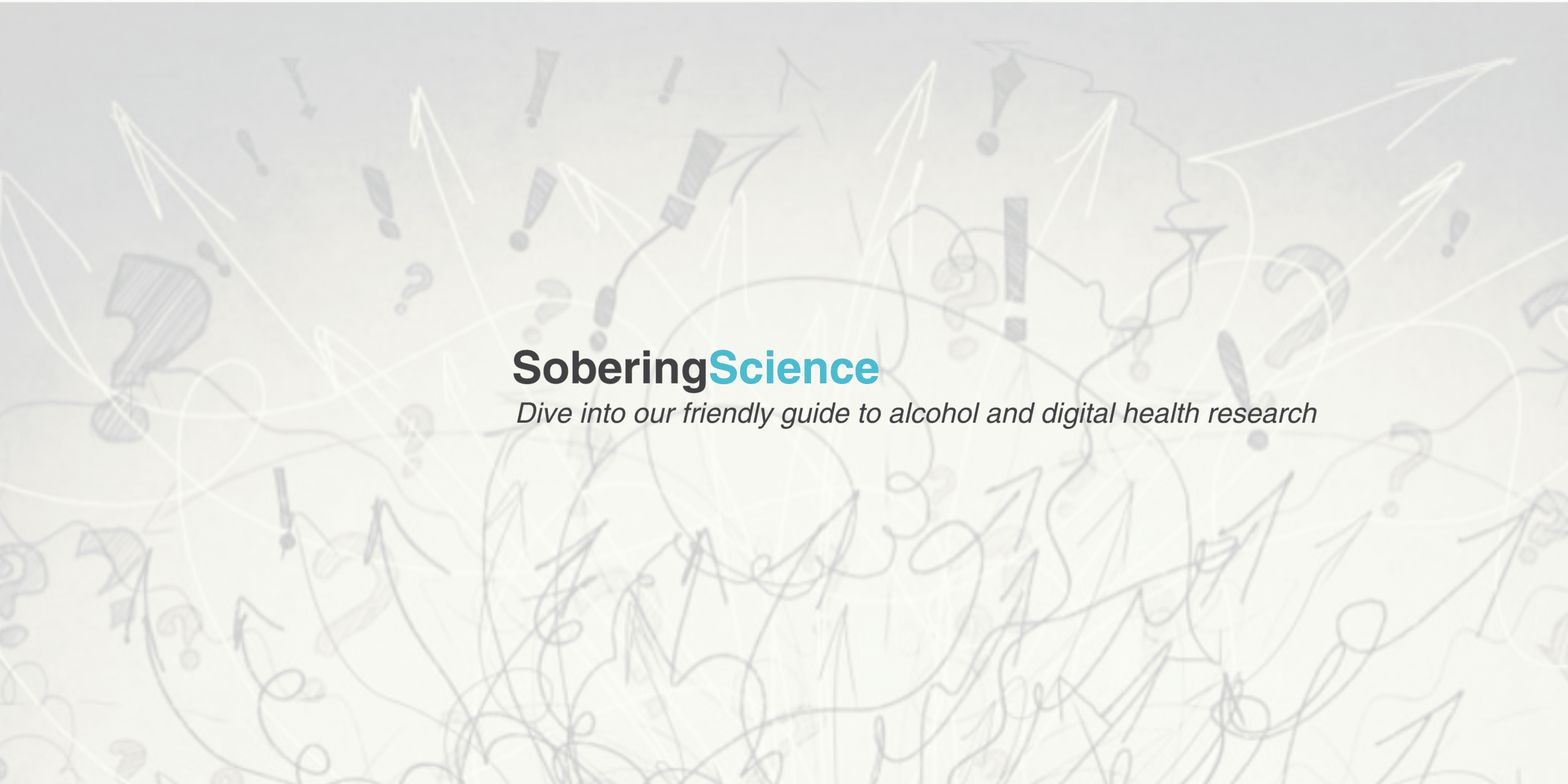
How to ask ‘R U Okay?’ to yourself and others
Every year, on the second Thursday of September, people around the world come together to ask a simple yet powerful question: “R U Okay?”. This question is designed to start meaningful conversation about how we are actually feeling, and support someone that we care about who might be struggling with life.This practice is particularly powerful, especially when experiencing difficulties with alcohol.
When you or someone you know is in a struggle with alcohol, challenging feelings like guilt, sadness and shame can become unwanted familiar companions. Feelings like this can drive us to become more agitated, anxious or withdrawn. They can make us want to drink more, or hide how much we are drinking from others, or even hide how bad we feel. Alcohol being a depressant can also exacerbate anxiety and depressive symptoms.
When experiencing feelings like this, we all benefit from a compassionate check-in and a listening ear.
Helping a loved one
If you are in the right headspace to support someone else, here are a few tips below to get started. These types of conversations can be difficult, but with ones we love, they can be worth venturing into discomfort. You don’t have to be an expert to have a conversation with someone you care about. Here are some ways to start off.
1. Knowing how to start a conversation with someone about their challenges is a good starting point. Be observant. Just by noticing (and mentioning) the changes you have seen in someone could help them open up and start talking about something they have been afraid to talk about. They might not be ready to open up, but just letting them know it’s okay to talk and ask for help when they need you is incredibly powerful.
2. Pick a good time when you are feeling calm and have the time to listen, and the other person is in a relaxed state.
3. Listen without judgement. Be as compassionate and empathetic as possible, and listen as attentively as you can.
4. Be patient and let the person come to their own solution in their own time. Try to avoid offering solutions immediately. If the person is receptive and wanting change, it can be okay to encourage them to take action on that change.
5. Let them know they are loved and that there is so much professional support available to them should they want it.
You can find some more tips on how to ask ‘RU Okay’ here. There are also some useful resources for what to do if someone is not okay.
Checking in with yourself
With the pace of life these days, it is really common to not know how we are feeling a lot of the time. Throw in alcohol, which can initially numb our nervous system and then create increases in cortisol levels (queue the stress!), it can be hard to know what is really going on for you. Relationship difficulties, stress, financial challenges and periods of major change at work, grief, and health issues can all take their toll at times.
Take care of your own mental health and wellbeing by setting aside some time to become aware of what you need. Is it Compassion? Connection? Enjoyment? Keep up wellbeing activities that bring you joy.
- Getting out in nature
- Exercising
- Meditation and Journalling
- Practicing good sleeping and eating habits
- Taking a break from social media
- Catching up with friends and family
R U Okay day serves as a powerful reminder to stop and connect deeply with ourselves and the world around us. By fostering open conversations with others and checking in with ourselves, we can support each other to take care of our Mental Health.
If you’d like more support on your alcohol change journey, try our online Alcohol and Wellbeing self-assessment for your personal snapshot report and check-in with our supportive community on the Daybreahk app. The compassionate conversations have already begun!









